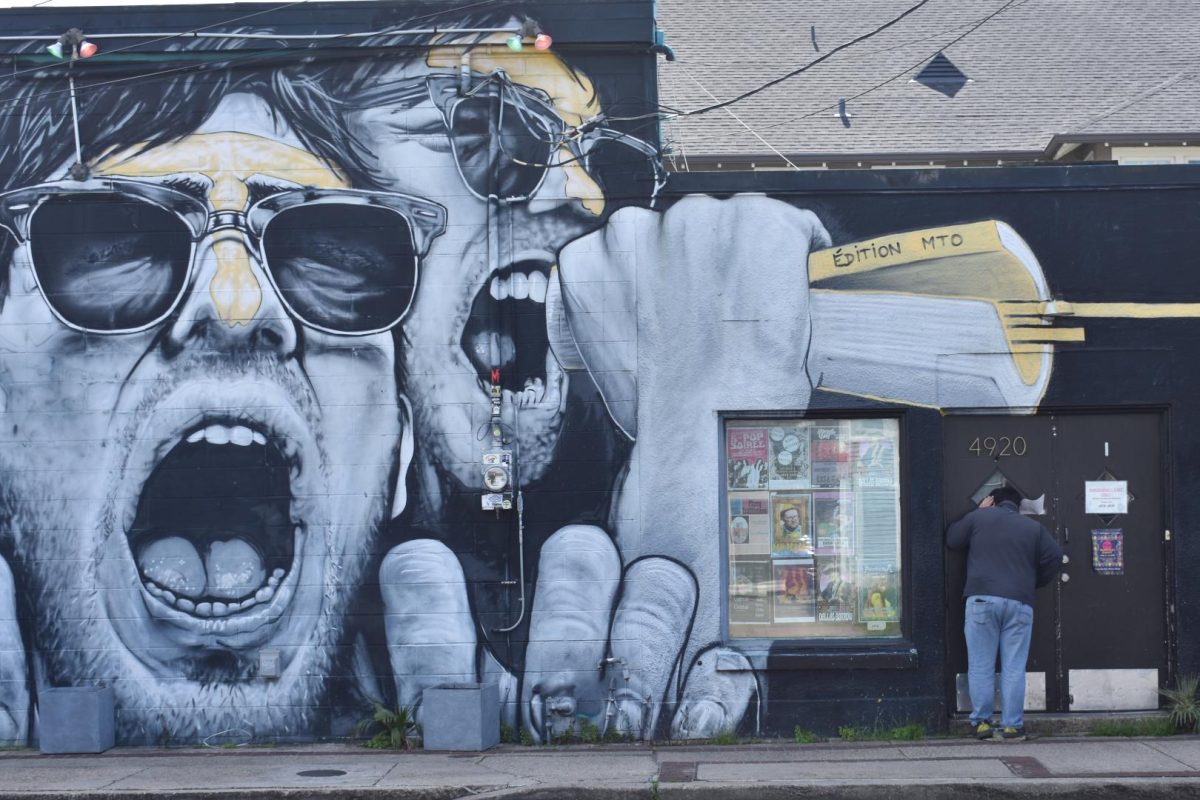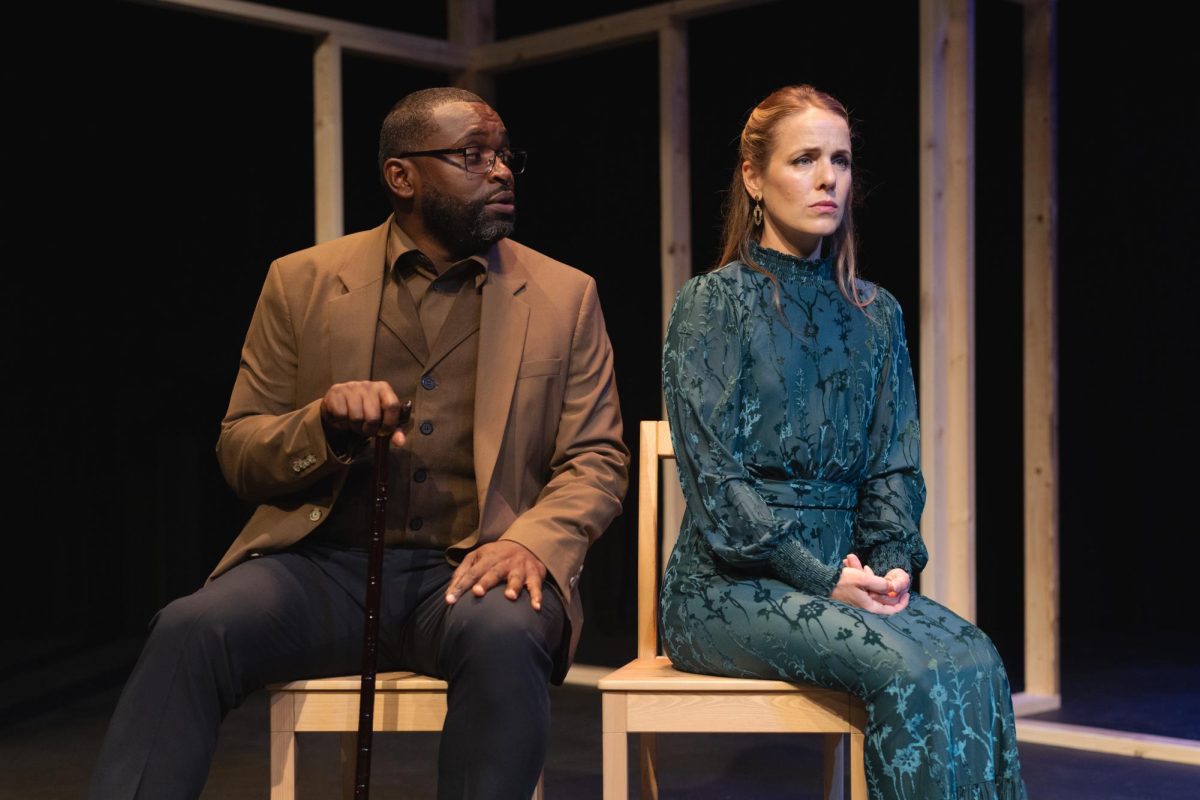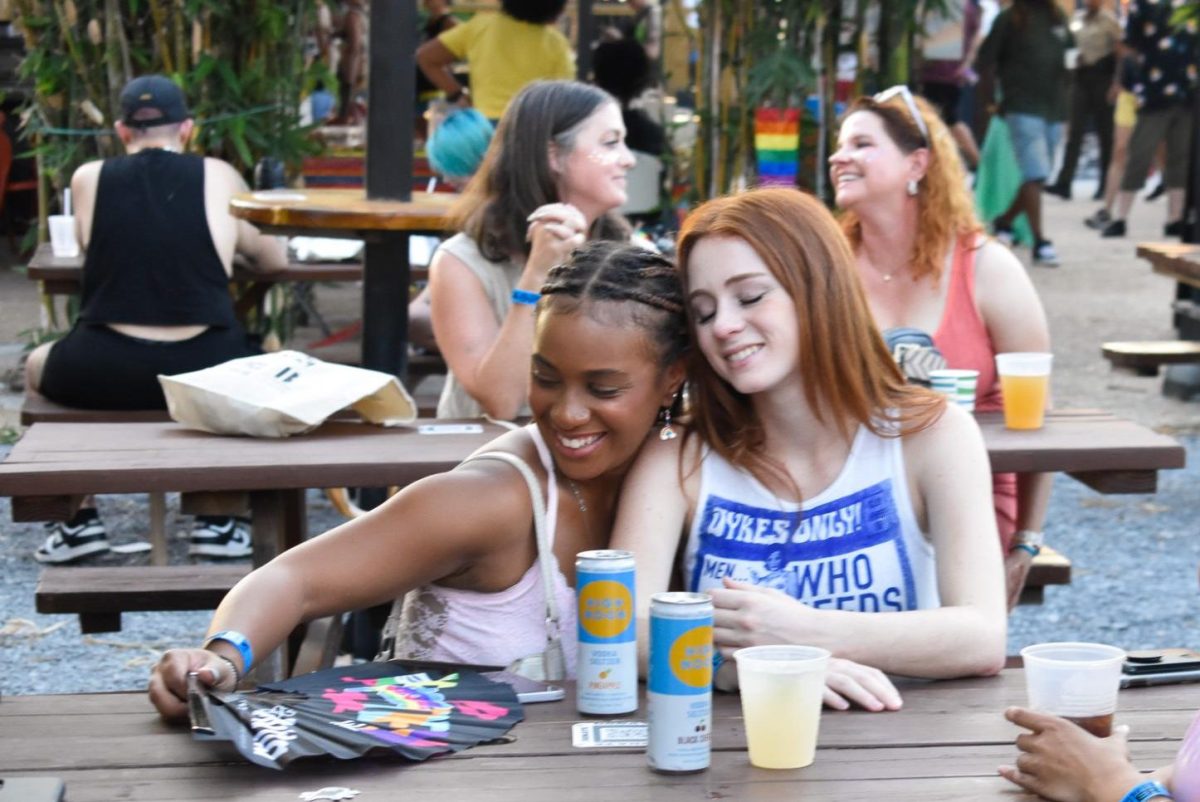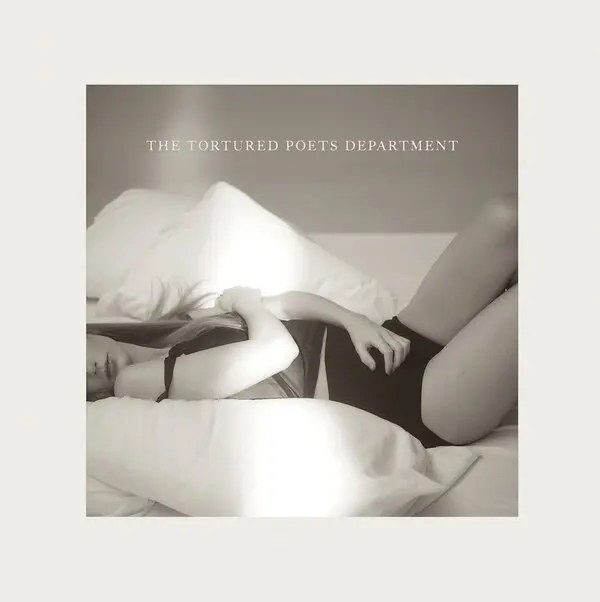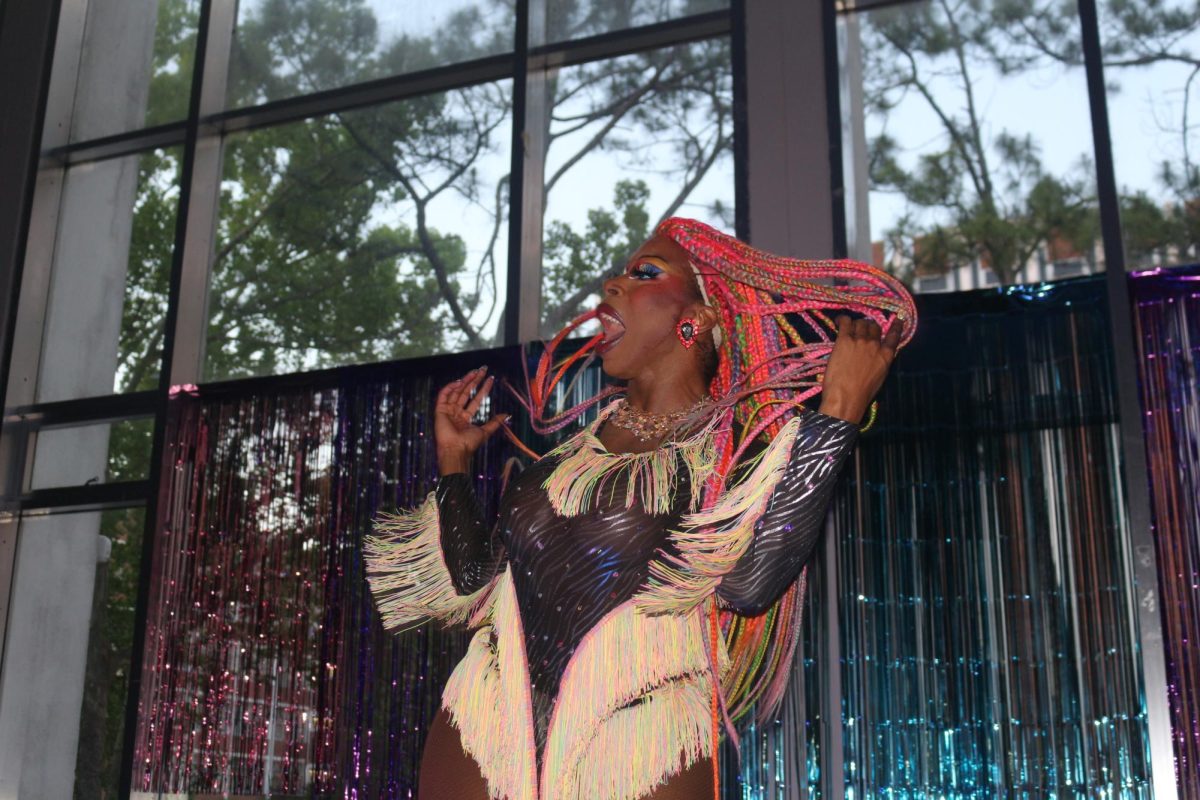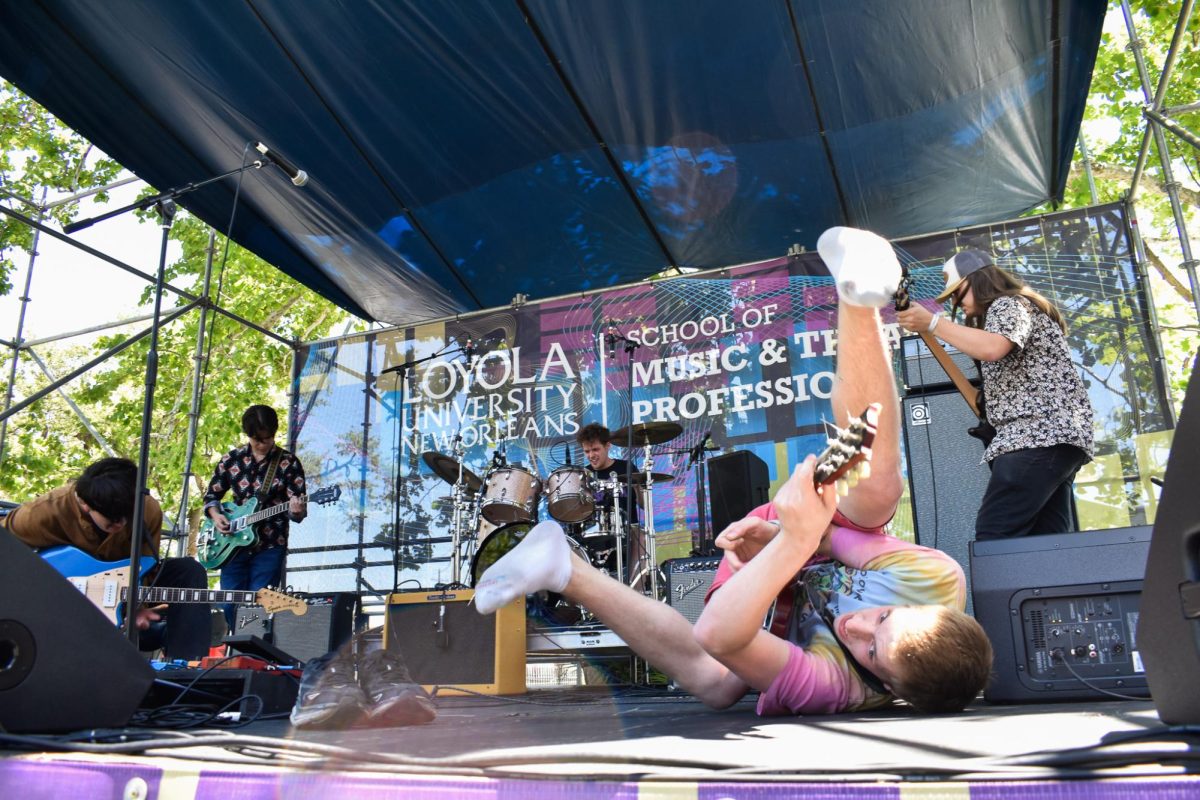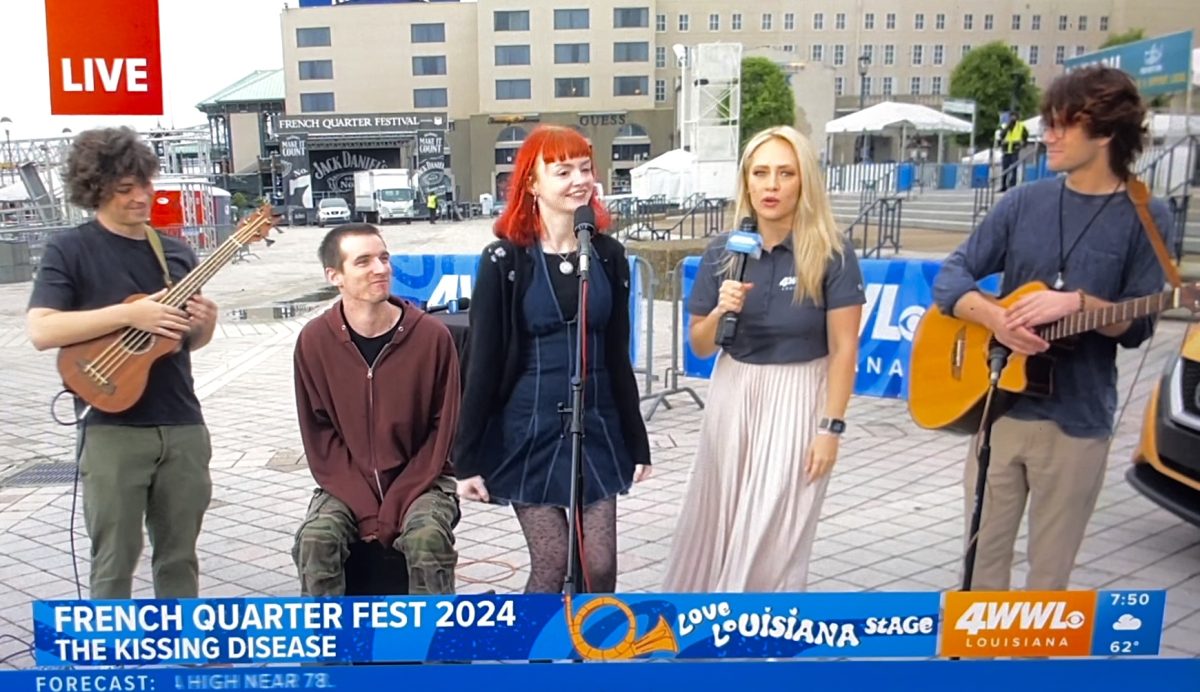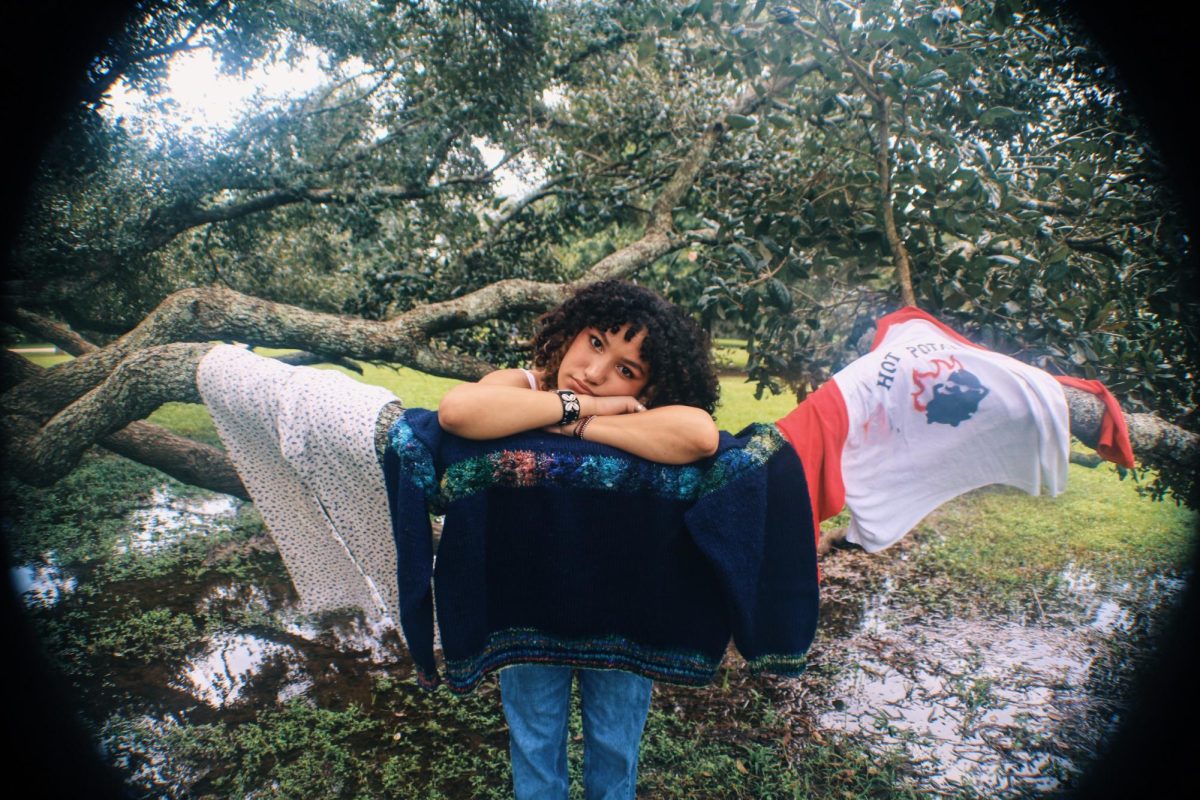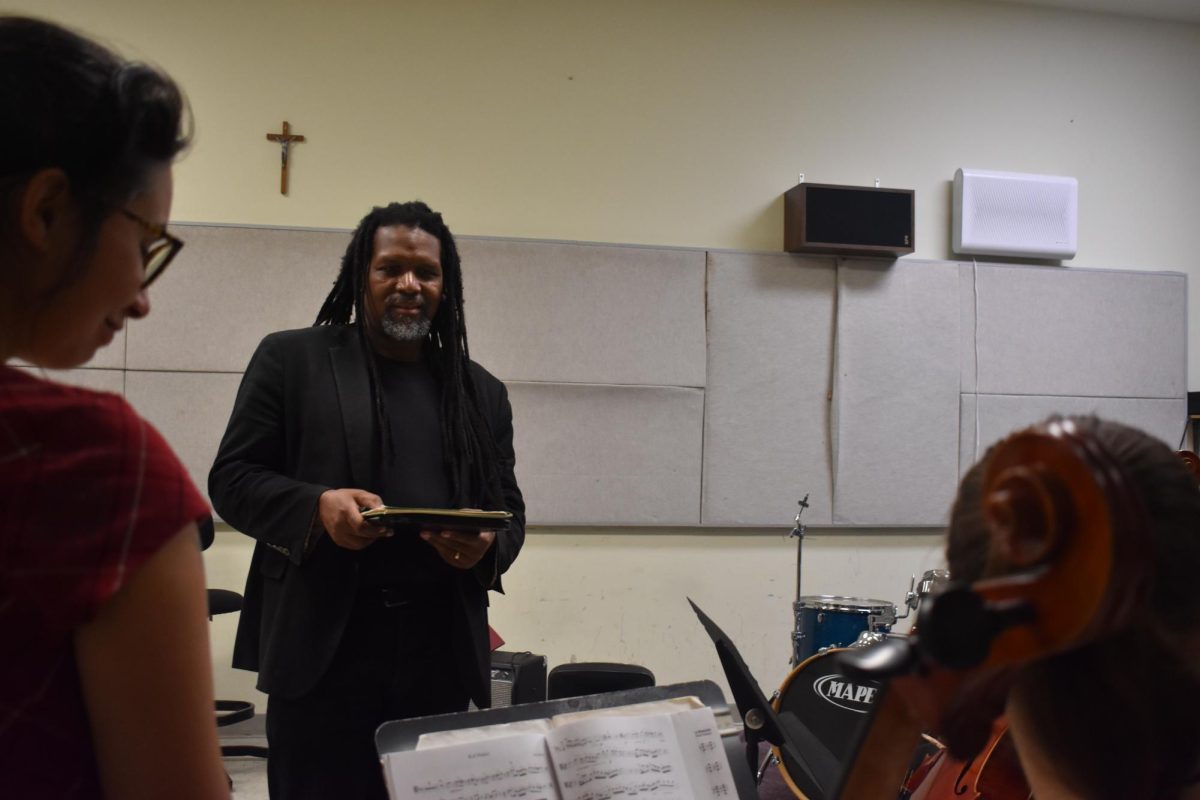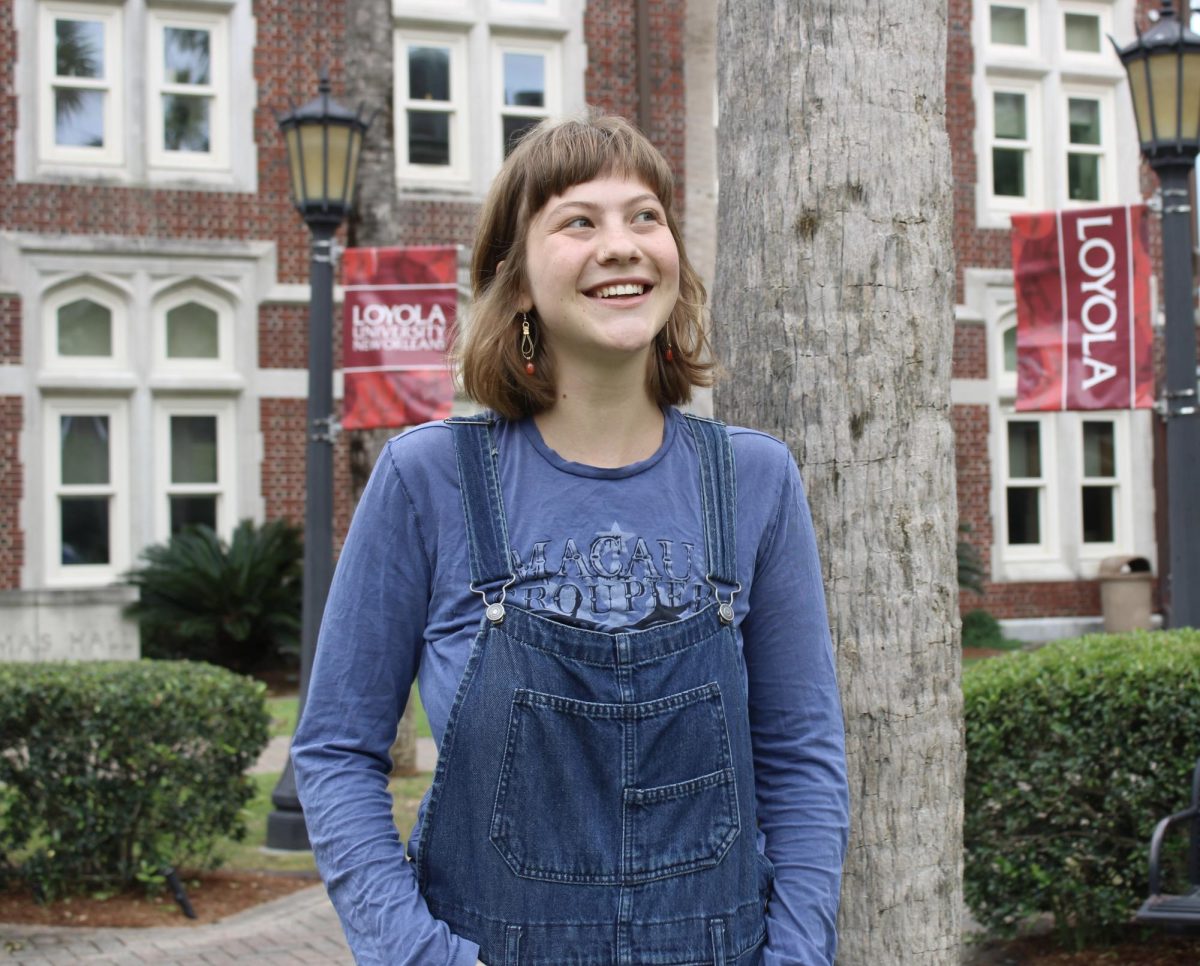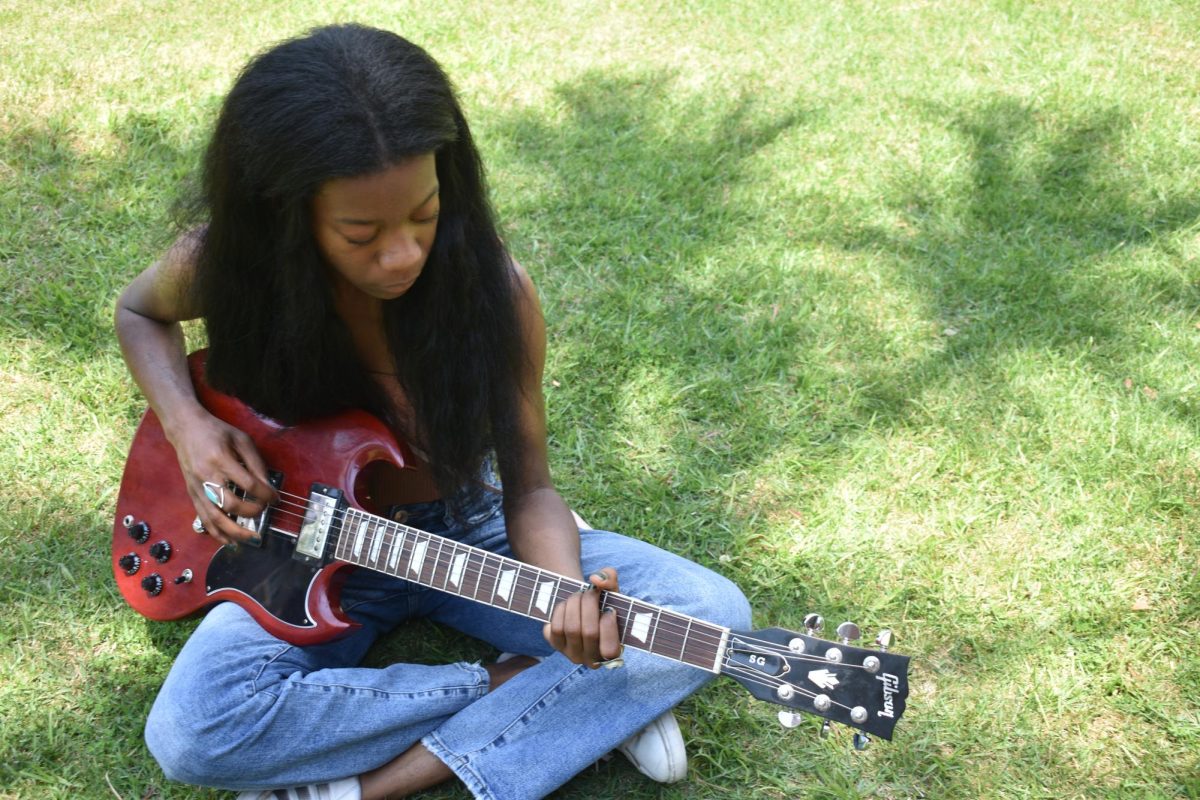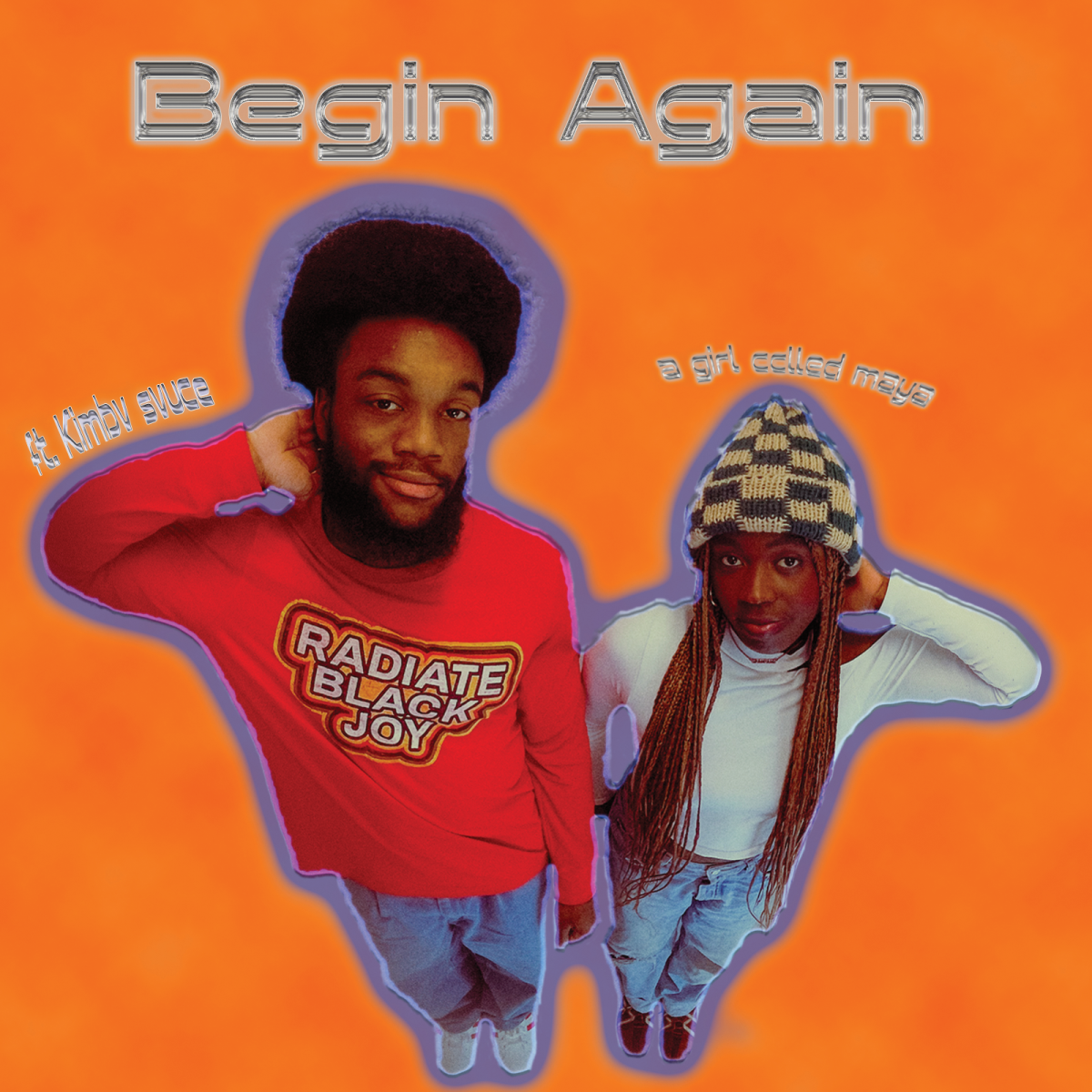Amidst the closure of live music venue Gasa Gasa, Loyola students are expressing their concerns with the Uptown music scene’s limited amount of space to perform.
The once-accessible music venue on Freret Street shut down in November 2023.
Musicians say the closure of Gasa Gasa points towards a larger issue: the lack of a music scene in Uptown New Orleans.
“The point of Gasa Gasa was to give up-and-coming, contemporary bands a place to come to New Orleans and play. And without that, it will affect the music scene at large,” Micah Burns, the venue’s original owner said.
Sam Mostowfi, a Loyola alum, said he will miss the space where he often performed. “Gasa Gasa was an oasis for misfits, outcasts, and fuck-ups.”
Loyola alum and musician Gabe Parsons spoke highly of the opportunities Gasa Gasa supported. “If you had a show at Gasa, it felt like a big deal,” he said.
Burns said Loyola students were the “life-blood of the scene.” When developing the venue, Loyola students were integral to the foundation, Burns said.
“The reason I felt we could pull it off was because of our connections to that world and how many young folks we had involved, and all of them were Loyola students,” Burns said.
Burns said it took the establishment a long time to get over the hardships that came with the COVID-19 pandemic.
“After everything reopened, the routing schedules were all out of whack, and it created a really toxic environment for independent music venues to survive,” he said.
Burns managed Gasa Gasa until the beginning of the COVID-19 pandemic. After Burns departed ownership, the age restriction was raised from 18+ to 21+.
Mostowfi performed and attended numerous shows with Loyola bands at Gasa Gasa during his college career, even at 18.
“How are Loyola students going to be the life-blood if 60% of them are too young?” Mostowfi said.
Mostowfi said that due to COVID-19, and the economic state thereafter, Gasa Gasa became alcohol-centered to make sufficient money.
He said this took away from the music and made it into a bar rather than a venue. The age restriction lessened the ability for college students to attend, he said.
Lyle Hutchins, popular and commerical music junior, was unable to play at Gasa Gasa due to the age restriction.
“Unfortunately after COVID-19, the age restriction for Gasa Gasa went up to 21+, so I could never go to shows at Gasa Gasa,” Hutchins said. “Someone I knew got booked there, but they were under 21, so they had to sit outside while the rest of their band went in and set up.”
“It’s one less place to play around here that is easily accessible for [students] who don’t have a car,” Hutchins said.
He said he wishes there were more opportunities in the Uptown area for young musicians.
“I think the university could do a lot more to help students get gigs and playing experience,” Hutchins said. “To their credit, it seems like Loyola is trying to do that, but the scene around campus is pretty dead.”
Ivan Plokhikh, music industry studies senior and former performer at Gasa Gasa, said he wishes the university would incorporate the venue’s operations into its curriculum to propel students with hands-on experience in the music industry.
“It’s a loss of something heavily sentimental for my peers and I. I’m more worried about the lack of a platform for younger musicians who are just getting started at Loyola,” Plokhikh said.
Alex Teetsel, Loyola alum and former Gasa Gasa regular, said he will miss the atmosphere and the people.
“It was such a big part of my social life in college, and now people are robbed of that,” Teetsel said.
Gasa Gasa was the first venue where many Loyola music students performed. It was Teetsel’s first performance at a music venue in New Orleans.
“Gasa closing was an indescribable tragedy to the local scene and I am deeply saddened by it,” Teetsel said.
Will Roesner, popular and commerical music alum, was a consistent performer at Gasa Gasa.
“I had a lot of special life-things happen there, including playing some of my first shows with our band,” Roesner said.
“Gasa was our ‘home-turf’ because it felt like we were at home performing there. I hope the space continues to be used as a venue. Its proximity to Loyola and Tulane campuses makes it a mecca for college kids,” Roesner said.
Lots of Loyola bands were frequent performers for Gasa Gasa, which in turn benefited the venue and the students, according to Burns.
“There is a really healthy scene of Loyola bands and Loyola-adjacent bands, and those guys played our shows. There were always a bunch of Loyola people working at Gasa Gasa up until I left,” Burns said.
Burns said his intention with Gasa Gasa was to curate and push the music scene forward while incorporating young musicians.
Plokhikh said he wouldn’t have had the same experience in his music career without the venue as a starting foundation.
“I can’t imagine starting as a musician at Loyola without a local venue to play at. Gasa was a comfortable and exciting space for artists to start their journey.”
Though there are few bars such as Maple Leaf and Carrollton Station in Uptown, the alum said it is still hard to find multiple venues to book consistent gigs. Live music exists, but there is still an unstable, solid music scene, according to the alums.
“I imagine the Loyola scene is going to take a pretty big hit,” Teetsel said.
Burns also recognizes the lack of a music scene in Uptown, particularly surrounding cutting-edge music.
“There is music that is more favored in New Orleans,” Parsons said. “If you have a big band with a lot of brass, that’s fire around here. But there is not much of a scene for music we play, for very intentional listening.”
Burns said New Orleans’ availability of indie-type music was underwhelming and that he was surprised by the limited spaces for diverse music.
“When I first got back down to New Orleans, I was shocked by the lack of the music I was interested in, with a lack of places they could play. It seemed like these bands were skipping the [New Orleans] market completely,” Burns said.
Loyola musicians play various genres of music, and following Burns’ sentiment, Parsons said there is a need for contemporary music to be heard.
“There is a demand for music in this part of the city. It comes down to who is the one organizing it. It’s gotta be someone who is savvy,” Parsons said.
Gasa Gasa’s struggling livelihood was attributed to its management, according to Teetsel. “It would be nice if it reopened under competent management,” he said.
But there is tension in the New Orleans music industry, according to Burns.
“It’s a bad scene. There is a hole obviously. The music industry is under a lot of stress, and the margins for clubs are very small,“ he said.
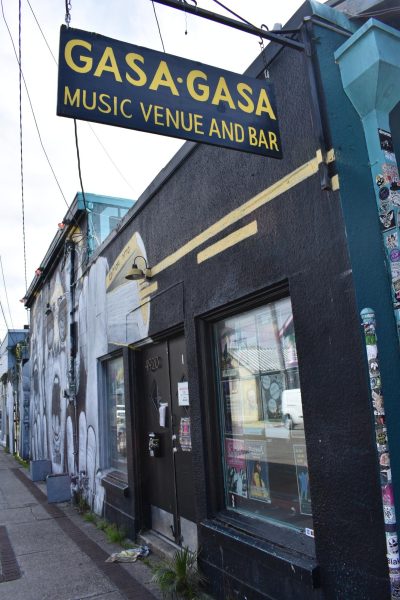
Hutchins said the house party scene in Uptown has imploded. This, in combination with venue closures, points towards a detrimental decrease in venue spaces and live music, he said. Hutchins said he is seeing fewer shows being promoted.
“Gasa was one of the main off-campus, Uptown venues that gave Uptown its own scene,” Parsons said.
Tipitinas, Maple Leaf, and Carrollton Station are bars in the Uptown area where live music is offered, Parsons said.
Hutchins said he is sometimes able to get gigs at those venues, but they are less accessible and not a place of residence for students.
Hutchins said he was pushed to drive to Covington because that is the closest place he could find a gig.
“I don’t know what Uptown music venue, if there even is one, that can pick up the slack. My hope is that Gasa Gasa comes back. We’ll see,” Burns said.
Still, musicians have hope for Gasa Gasa’s potential return.
“They’ve closed before and re-opened. This kind of thing happens,” Roesner said in hopes it will continue as a music space.
But others think the closure may be permanent.
“It will probably get turned into an office space or some restaurant,” Teetsel said.
Burns remains optimistic about the future of Gasa Gasa and implied “talk” of the future reopening within music industry management.
“It ain’t gone yet. I’m hoping that the right thing is going to happen, and we can get it back open,” Burns said.


